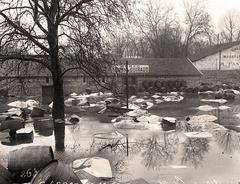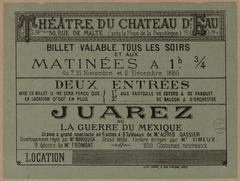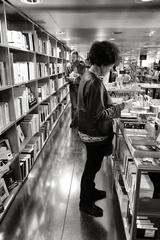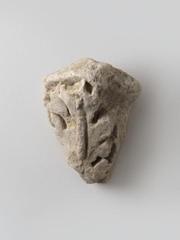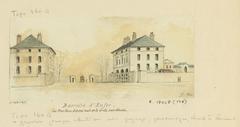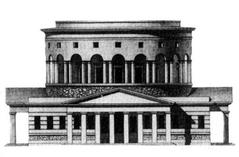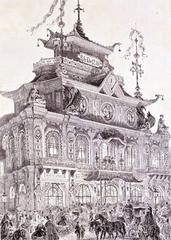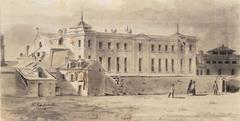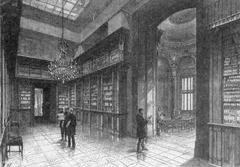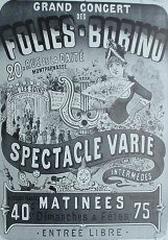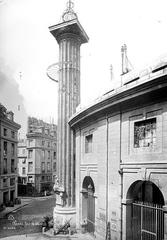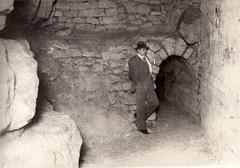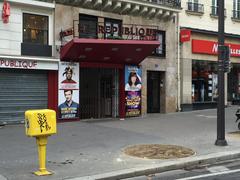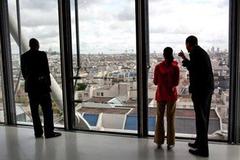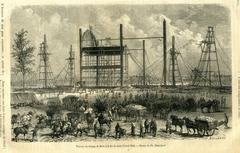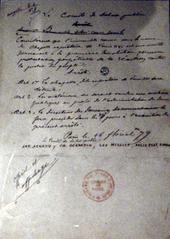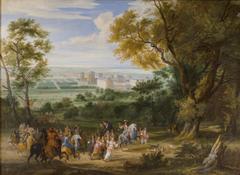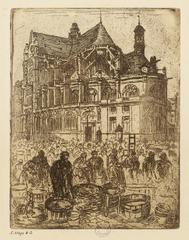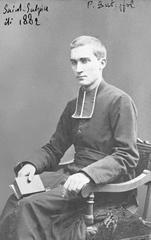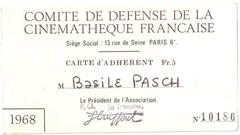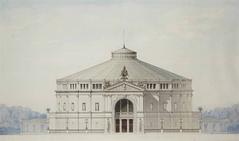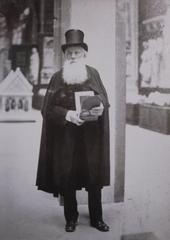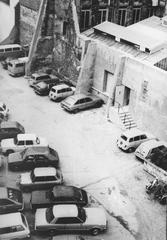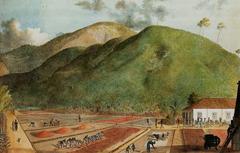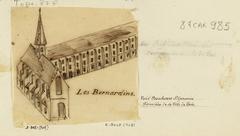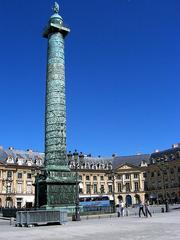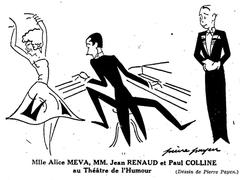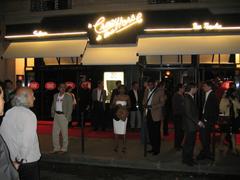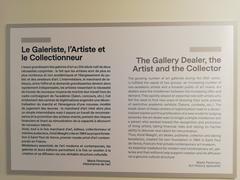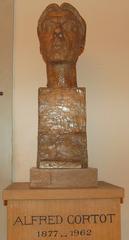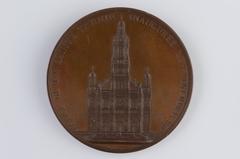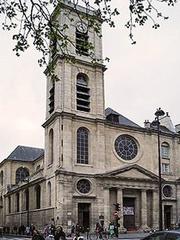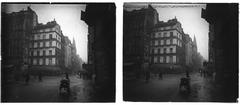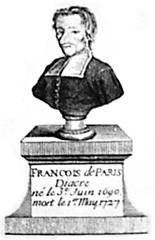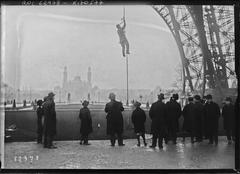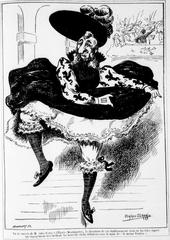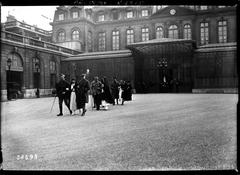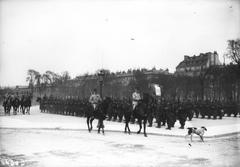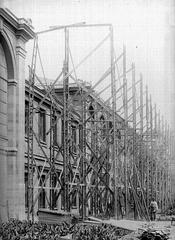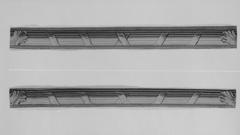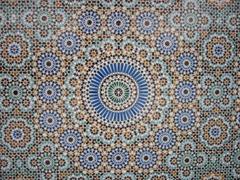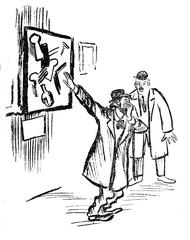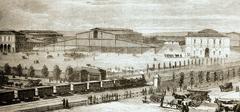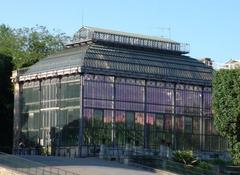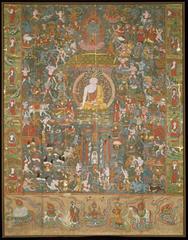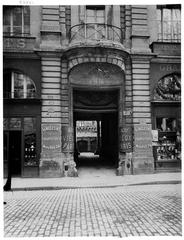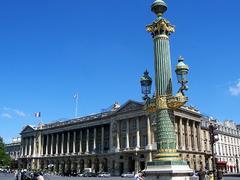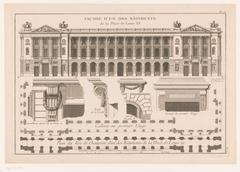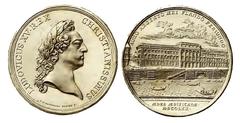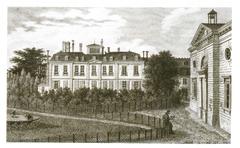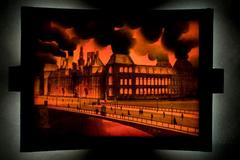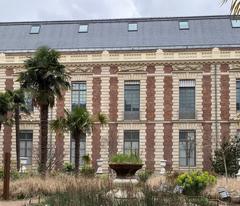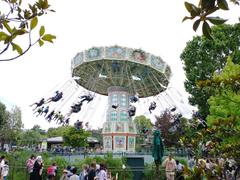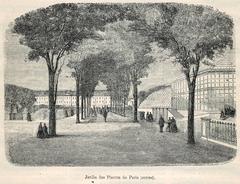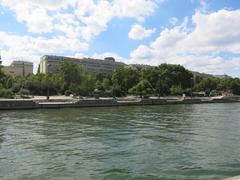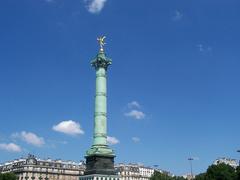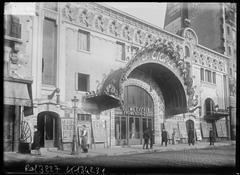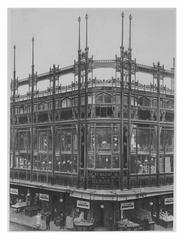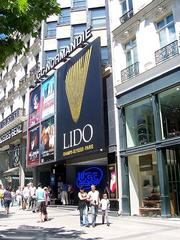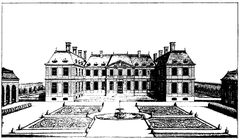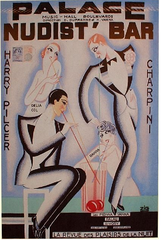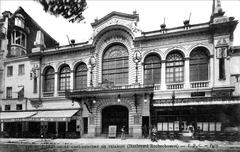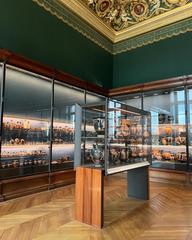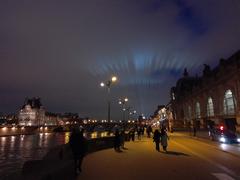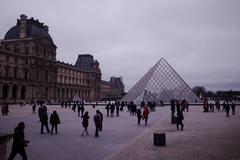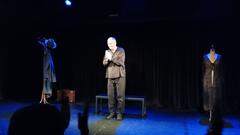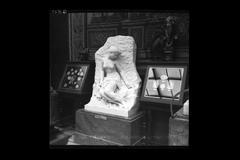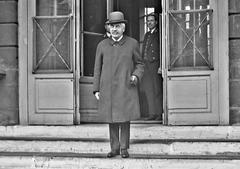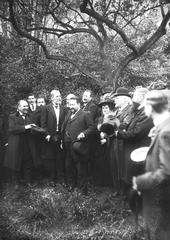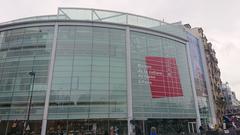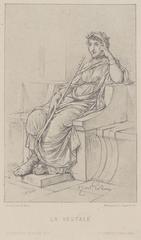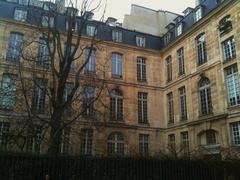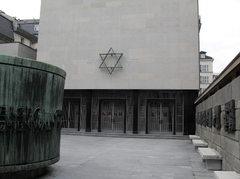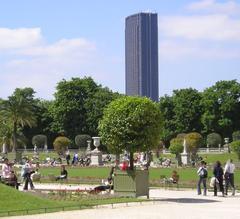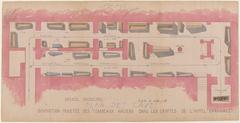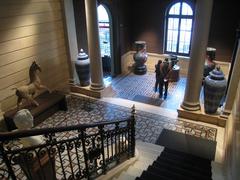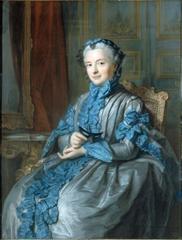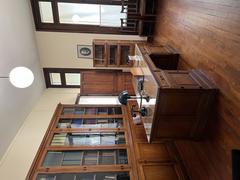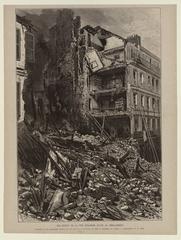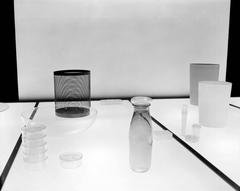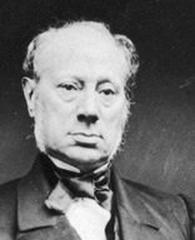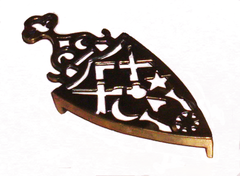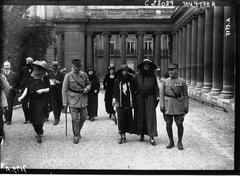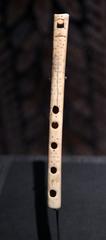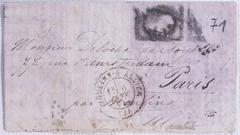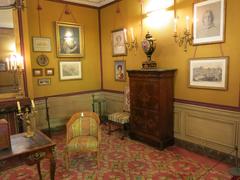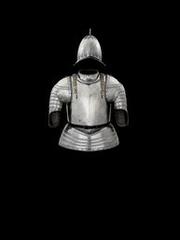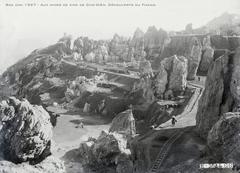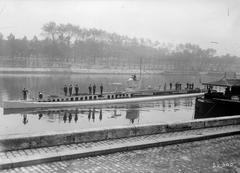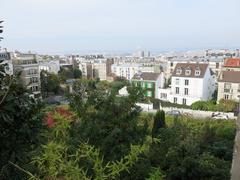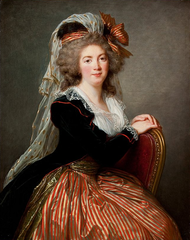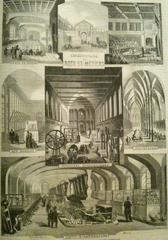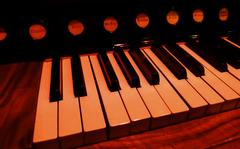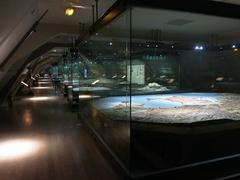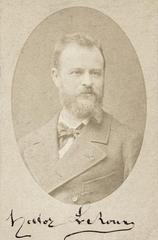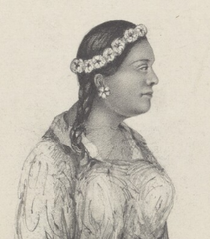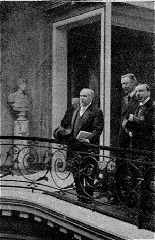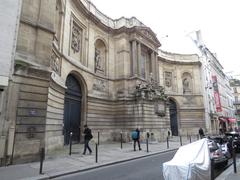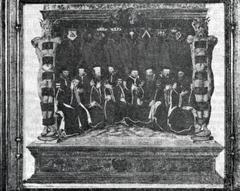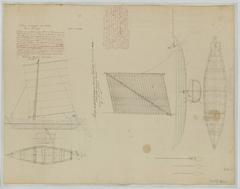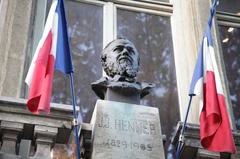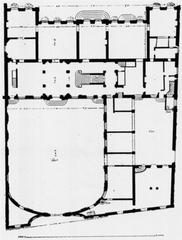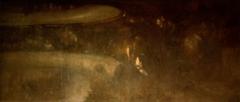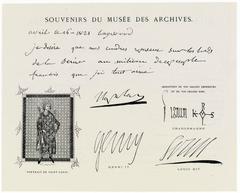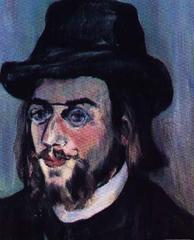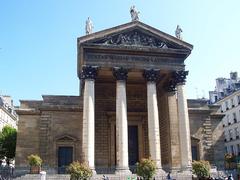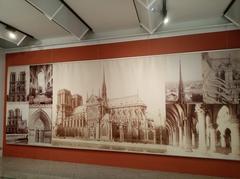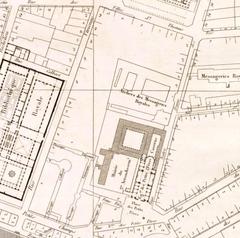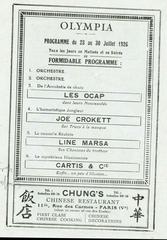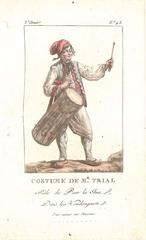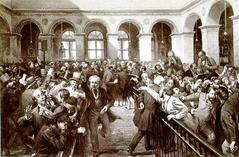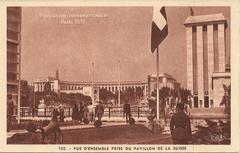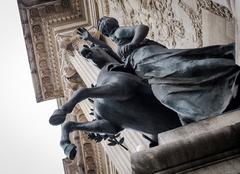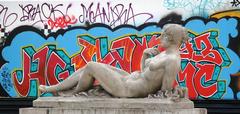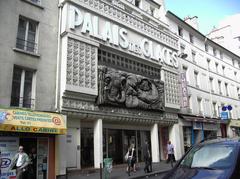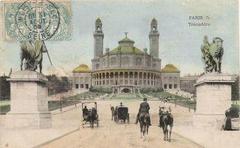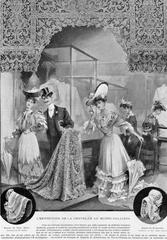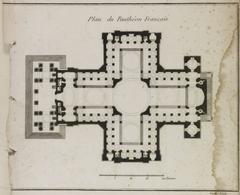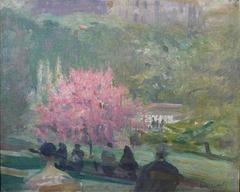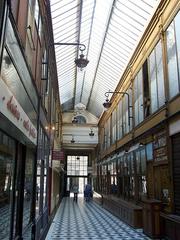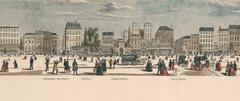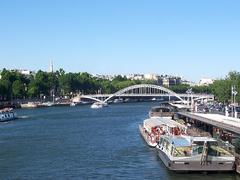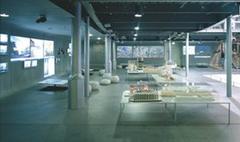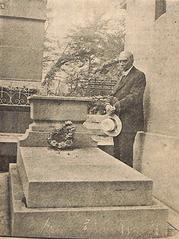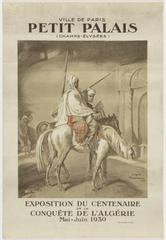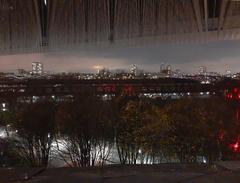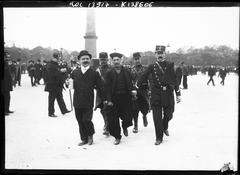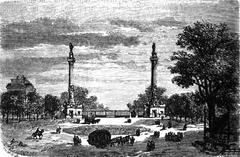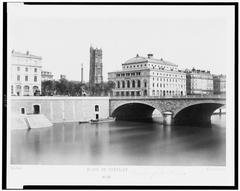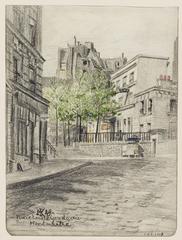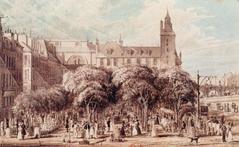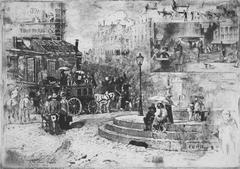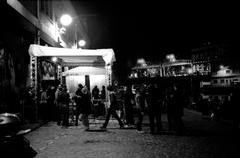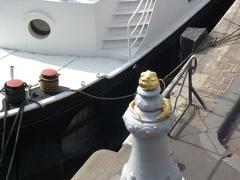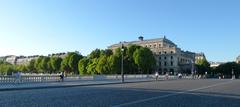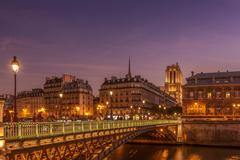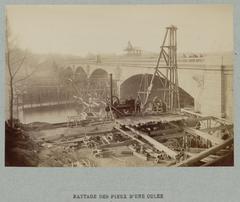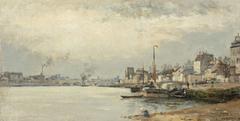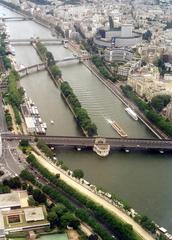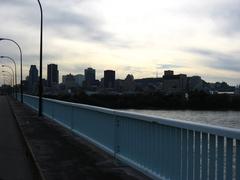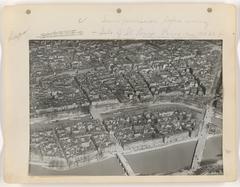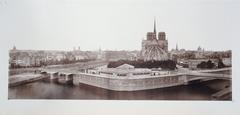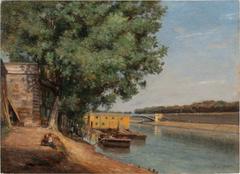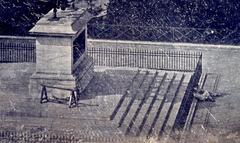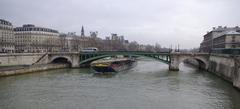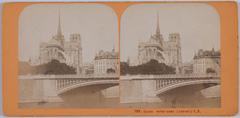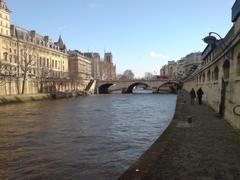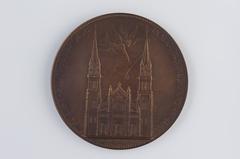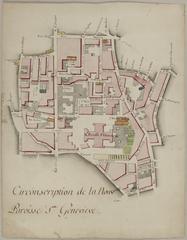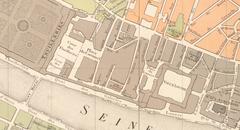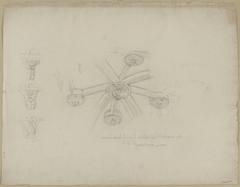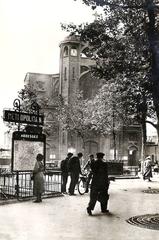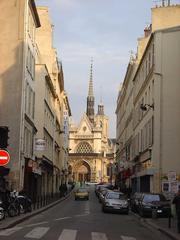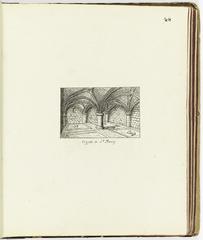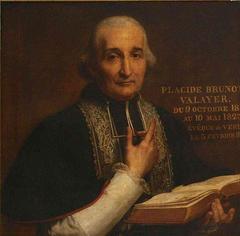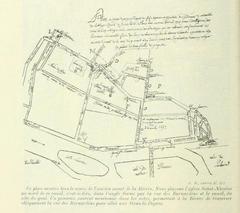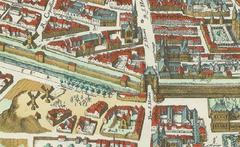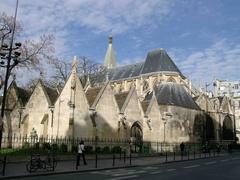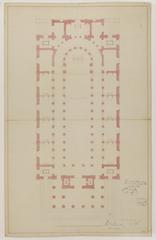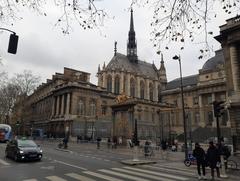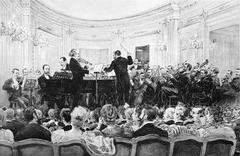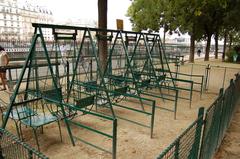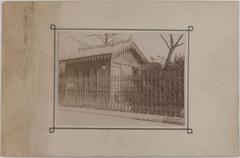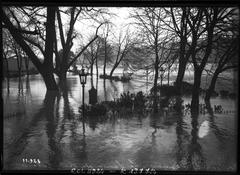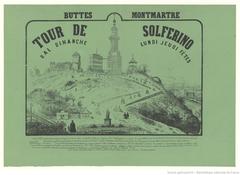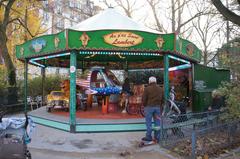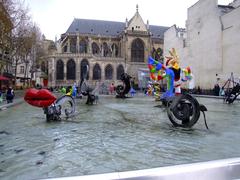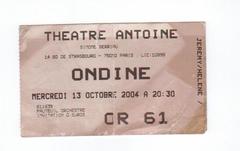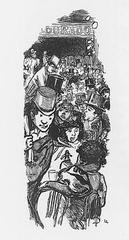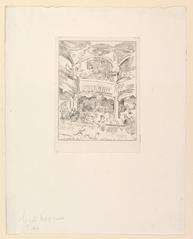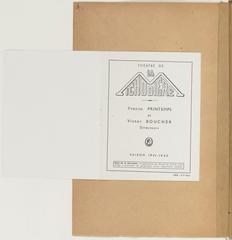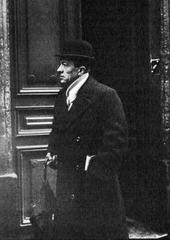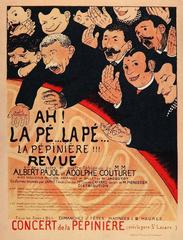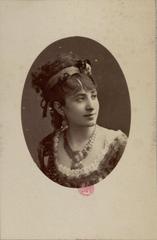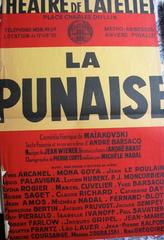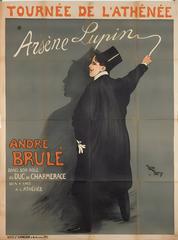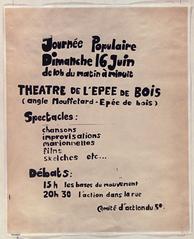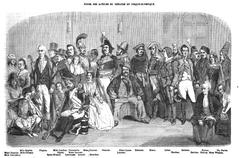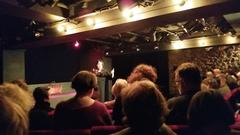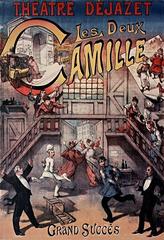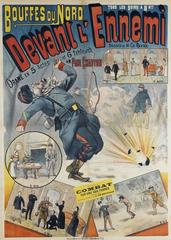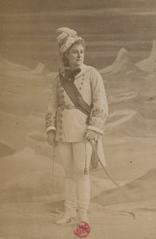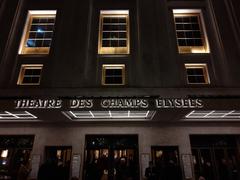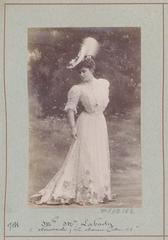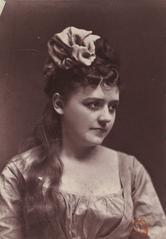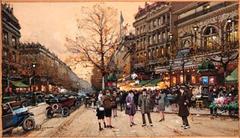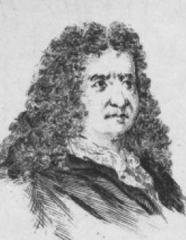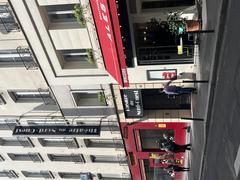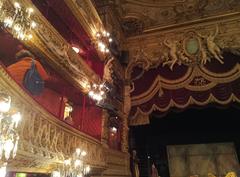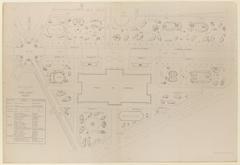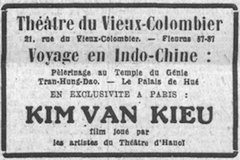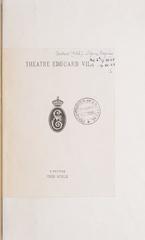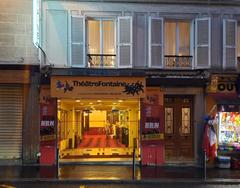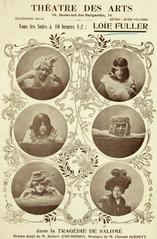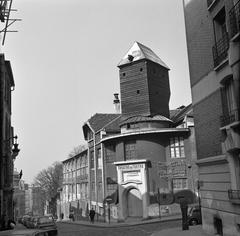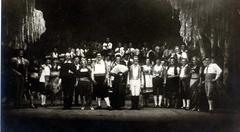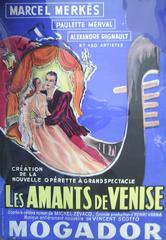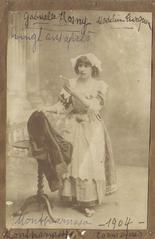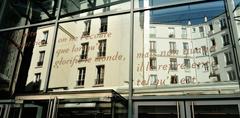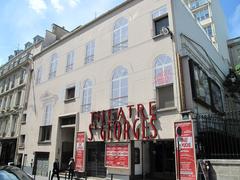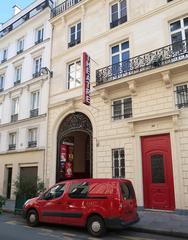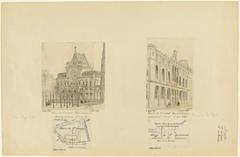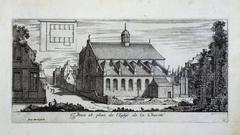Musée Pasteur Paris: Visiting Hours, Tickets, and Historical Significance
Date: 14/06/2025
Introduction
Located in Paris’s vibrant 15th arrondissement, the Musée Pasteur is a unique destination for anyone interested in science, medicine, and French history. Housed within the historic Institut Pasteur, the museum both preserves and celebrates the life and groundbreaking achievements of Louis Pasteur, whose discoveries in microbiology, vaccination, and pasteurization changed the world. While the museum is currently closed for extensive renovations until 2027–2028, its significance remains undiminished, and virtual resources continue to make its collections accessible to a global audience. This guide compiles essential information about the museum’s legacy, visiting hours, tickets, accessibility, and practical tips for planning your future visit, while also highlighting nearby Paris attractions that complement your itinerary.
Historical Background
The Institut Pasteur and Its Origins
The story of the Musée Pasteur begins with the founding of the Institut Pasteur, a pivotal moment in the fight against infectious diseases. After Pasteur’s successful development of the rabies vaccine—first administered to Joseph Meister in 1885—a wave of public and international support led to the establishment of the institute in 1887. Funding came from royalty, foreign governments, and citizens worldwide, enabling the acquisition of land and the construction of a state-of-the-art research facility (Travel France Online, Institut Pasteur).
Construction and Early Years
Architect Petit designed the original buildings in a Louis XIII style, with parallel structures linked by a central corridor. Pasteur’s own apartment and laboratory were included in the initial plans, alongside treatment centers and research laboratories. The complex was inaugurated in 1888 and soon became a world-leading biomedical research center (Institut Pasteur).
Louis Pasteur’s Final Years and the Creation of the Museum
Louis Pasteur lived in his apartment at the institute until his death in 1895. The apartment was preserved as a museum in 1936, showcasing rooms such as his study, dining room, and bedroom, as well as the scientific souvenir room filled with his laboratory equipment, notebooks, and personal mementos (Institut Pasteur).
Beneath the apartment lies the Neo-Byzantine crypt, the final resting place of Louis and Marie Pasteur. The crypt, designed by Pasteur’s son and decorated by prominent artists, features mosaics commemorating Pasteur’s scientific triumphs (Travel France Online).
Scientific Impact and Recognition
The Institut Pasteur rapidly expanded, contributing to major advances in combating diseases such as diphtheria, influenza, and yellow fever. In 1983, its researchers isolated HIV, marking a critical breakthrough in AIDS research. The institute’s global network and its museum have been recognized as French Historical Monuments (Travel France Online).
Visiting the Musée Pasteur
Location and Access
- Address: 25 Rue du Docteur Roux, 75015 Paris
- Metro: Pasteur (Lines 6 and 12), Volontaires (Line 12)
- Bus: Lines 28, 62, 88, and others serve the area
- Bicycle: Vélib’ stations nearby
- Parking: Limited; public transport is recommended (Cityzeum)
Current Visiting Hours and Closure
As of June 2025, the Musée Pasteur is closed for major restoration and is scheduled to reopen in 2027–2028. All physical visits, tours, and on-site exhibitions are suspended during this period. Stay updated through the official Institut Pasteur website.
Tickets and Admission
- Previous admission: €3 (with discounts for students, seniors, and free for children under 18)
- Post-renovation: Check the official website for updated ticketing policies and potential changes to pricing
Accessibility
The museum’s historic structure creates certain challenges for visitors with reduced mobility, though renovations are set to improve accessibility with new lifts and ramps. For specific needs, contact the museum before your visit (WhichMuseum).
Visitor Experience
- Atmosphere: The museum is considered a “hidden gem,” offering a tranquil, reflective atmosphere away from central tourist crowds (Paris Insiders Guide).
- Duration: Visits typically last 60–90 minutes.
- Amenities: Basic restrooms, cloakroom for small bags; no café on site but options nearby.
- Photography: Permitted without flash, except in the crypt.
Highlights of the Musée Pasteur
Preserved Apartment
Visitors walk through the very apartment where Pasteur lived, with authentic late 19th-century furnishings, personal effects, and period décor that reveal his private and professional world (Pasteur Museum Official).
Scientific Collections
The scientific souvenir room and adjacent displays feature:
- Pasteur’s original microscope and laboratory instruments
- Laboratory notebooks, medals, and personal objects
- Handwritten correspondence, including the famous letter to Joseph Meister
- Portraits, busts, and commemorative objects (Institut Pasteur)
The Neo-Byzantine Crypt
A highlight of any visit is the crypt, with its intricate mosaics and solemn ambiance, where both Louis and Marie Pasteur are interred (Wikipedia).
Temporary Exhibitions and Online Resources
During the museum’s closure, selected artifacts are featured in partner museums and digital exhibitions. Virtual tours and high-resolution images are accessible via Google Arts & Culture and the Institut Pasteur’s online portal.
Educational Programs and Guided Tours
- Guided tours: Available in French, English, and Spanish; tailored for schools, groups, and individuals (Paris Tourism).
- Workshops: The museum hosts scientific lectures, children’s workshops, and special events (e.g., European Heritage Days).
- Research library: Accessible by appointment for those interested in historical scientific documents.
Practical Tips for Visiting
- Plan ahead: Check reopening dates and ticketing policies on the official website.
- Combine with nearby attractions: Montparnasse Tower, Musée d’Orsay, Montparnasse Cemetery, and local dining options enrich your visit (Cityzeum).
- Public transport: Efficient and economical; consider a Paris Visite Pass for unlimited travel (ParisEater).
- Accessibility: Contact the museum for updates regarding lifts, ramps, and other improvements once the renovation is complete.
Frequently Asked Questions (FAQ)
Q: When will the Musée Pasteur reopen?
A: The museum is expected to reopen in 2027–2028 after major restoration. Check the official website for updates.
Q: How do I buy tickets?
A: Ticketing details will be available upon reopening. Check the official site.
Q: Are guided tours available?
A: Tours in French, English, and Spanish are usually available and can be tailored to different audiences.
Q: Is the museum accessible for visitors with reduced mobility?
A: Full accessibility is being improved during renovation. Contact the museum ahead for current information.
Q: Can I visit the crypt?
A: Yes, the crypt is a highlight and included in guided and self-guided tours.
Q: Are virtual tours available?
A: Yes, virtual tours and digital resources are offered on Google Arts & Culture and the Institut Pasteur’s website.
Additional Resources and Internal Links
Visuals and Interactive Resources
Explore the museum’s collections virtually with the Google Arts & Culture Virtual Tour, featuring high-quality images and interactive views of the apartments, scientific memorabilia, and crypt.
Conclusion
The Musée Pasteur remains a vital Parisian cultural attraction and a testament to the enduring legacy of Louis Pasteur and the Institut Pasteur’s ongoing contributions to science and public health. While currently closed for restoration, visitors can explore its collections online and anticipate a reinvigorated visitor experience upon reopening. For the latest updates on hours, tickets, and accessibility, consult the official Institut Pasteur website and follow trusted tourism resources. To enrich your Paris itinerary, download the Audiala app and follow us on social media for reopening news, travel tips, and special events.
Contact and Further Information
- Official Website: Institut Pasteur
- Tourist Information: Cityzeum Musée Pasteur
- Address: 25 Rue du Docteur Roux, 75015 Paris
- Nearest Metro: Pasteur (Lines 6 and 12), Volontaires (Line 12)
Sources and Further Reading
- Travel France Online – Musée Pasteur: Museum Crypt Institute Paris
- Institut Pasteur – Scientific and Artistic Collections, Letters and Manuscripts
- Pasteur Museum Official
- Cityzeum – Musée Pasteur
- Paris Insiders Guide – Paris History Museums
